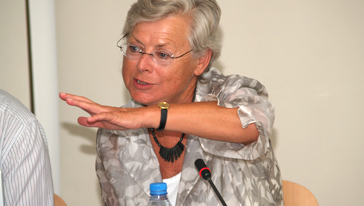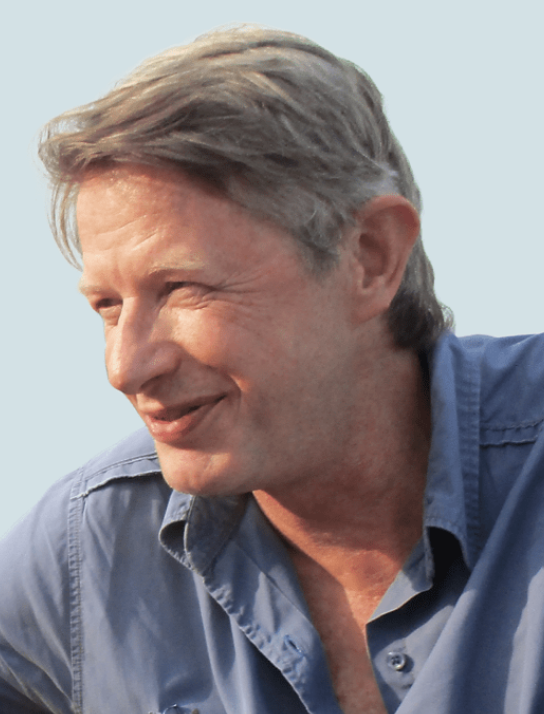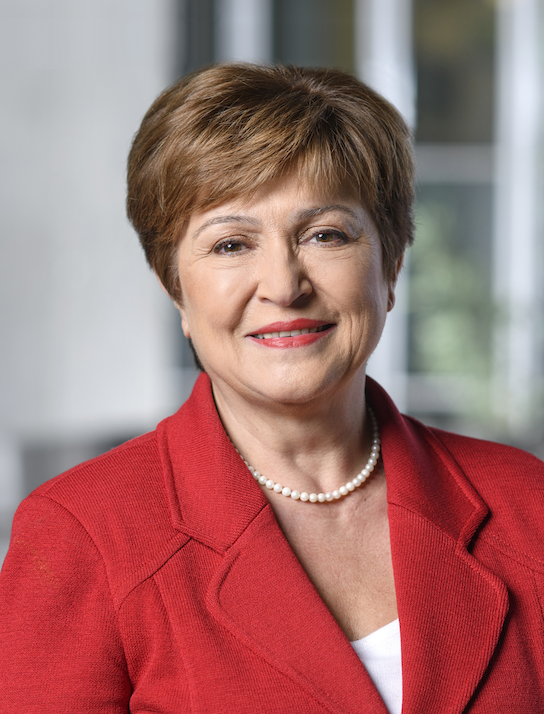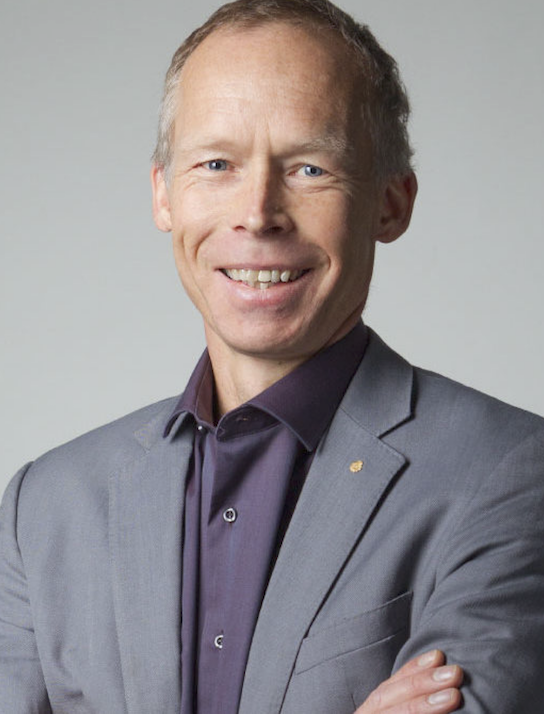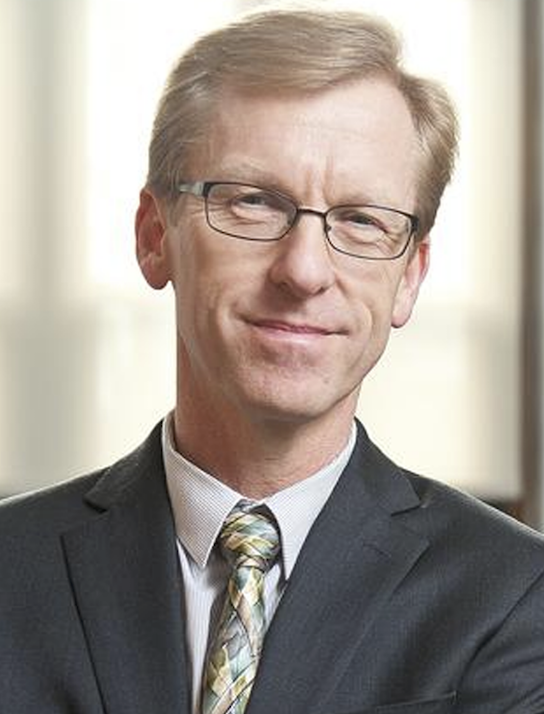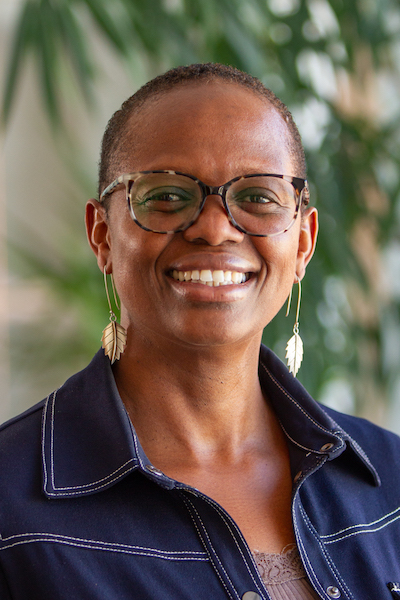Ryszard Kapuscinski’s works addressed leading development issues of the 1970s, 1980s, and (arguably to a lesser extent) the 1990s. Have the world’s development challenges changed since then? What was the biggest challenge then and what is it now?
I disagreed with Kapuściński, when he claimed: “We know everything about the global problem of poverty. What we can’t figure out is how to reduce it in practical terms. [The moment we try] there appear obstacles that cannot be surmounted, and interests one cannot go against…
In fact, when I founded the UN Millennium Campaign in 2002, I insisted: we are the first generation that can put an end to extreme poverty: we know what to do, we have the resources, and we have the commitments of the world’s governments to do what it takes. But it requires political will: and lack of that was a challenge at the time – and even more, today. Political will only materializes when politicians feel they can win elections by doing the right thing: it is up to us, citizens and civil society to make these issues vote-getters.
And indeed, the Millennium Development Goals were broadly achieved, as (according to the UN SG in 2003) “There has been …most importantly mobilization far beyond governments by Civil Society, among parliamentarians, faith-based communities and local authorities.” Alas, in the present climate of growing xenophobia and nationalism, it became much harder to mobilize citizens in favor of international responsibility and solidarity and get the message to politicians.
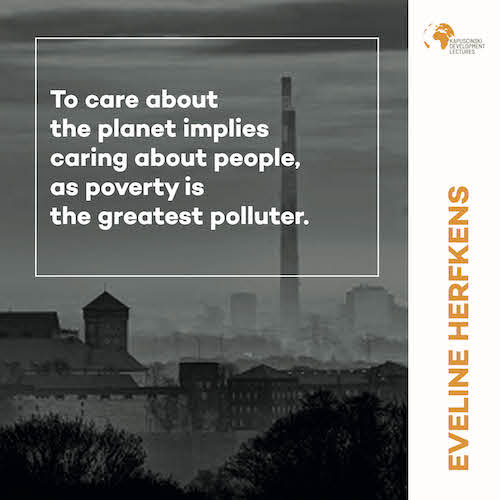
Some people dismiss sustainable development as an aspirational vision, others an unattainable fantasy, and still others absolutely necessary to our future. In this age where few seem interested in working for the collective good of all, what’s your argument to convince others that it is necessary to change the way we develop?
Everybody wants a better life for their children and grandchildren. Obviously already much of the quality of life as we enjoyed it, clean air and waters, beautiful fauna and flora, is being lost. We are failing the imperative to pass on this planet to the next generation in as good shape as we inherited it from our parents. And to care about the planet implies caring about people, as poverty is the greatest polluter. This is what sustainable development is about…
What is the biggest challenge/hindrance to successful development?
The real problem is that government leaders come to international meetings, make beautiful speeches and sign up for ambitious promises; and then take back the plane from New York or Paris home, to business as usual, instead of meeting with their Cabinet members to discuss what their signature implies, per sector, for all the different portfolio’s Ministers hold – from health to finance and trade, and regularly monitor implementation of the actions agreed.
And they can get away with this, as they are not being held to account by their own citizens and Parliaments, the only ones that can do so, as the UN cannot send the police to a country that fails to live up to its promises. There is no point in producing global norms and goals unless they are translated in concrete political action at country level.
And it is not only lofty UN Declarations that gather dust without being implemented. Treaties might suffer this fate: the 2007 Lisbon Treaty requires all EU’s policies to be consistent with its external policies, including fostering sustainable development whose primary aim is the eradication of poverty and helping the environment. But until this day the EU’s common agricultural policies continue to pollute the environment and hurt poor producers in developing countries.
What area of development or Global Goal do you think sustainable development hinges on? Which one is at the core of all the others?
Goal 1 – Poverty – is in my view – the overarching goal. I see all other goals as instruments and/or issues to be tackled in order to achieve this first goal. And given the relationship between poverty and the health of our planet, reaching the first goal is also paramount for environmental sustainability.
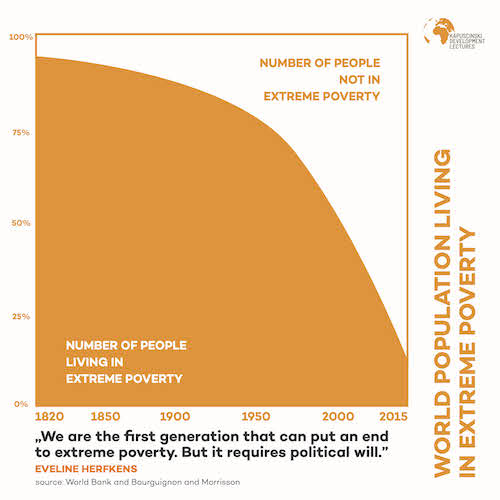
What’s the most striking thing you have personally witnessed in relation to development? i.e. a challenge, opportunity or just personal observation about a human story.
On more than one occasion I met poor African women, empowered by a little extra income, thanks to access to minimal resources or assets, proudly telling me that now they could afford to send their daughters to school and how that would ensure she would have a much better life that they had. These encounters never failed to move me deeply; and to make me realize that this is at the heart of what the development is all about.
